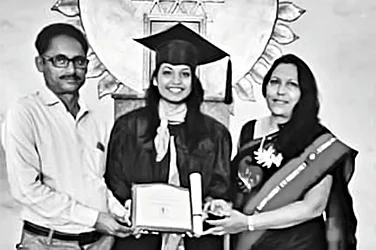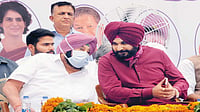The advent of Google or other internet search engines has certainly made access to information much easier than what it was when people like me started our legal practice. Of course, before Google, it wasn’t as if it took lawyers weeks and months to cull out information for building their arguments in a case. There were other systems that were in place to source information, like the SCC journals and research digests. Particularly for lawyers practising in the Supreme Court or the high courts, these digests were of great help because whatever precedents or reference material we were looking for was available in them. Since law, unlike science, is not a universal subject and is jurisdiction-specific, lawyers did not need to wait endlessly to get foreign research journals. In any case, the frequency with which foreign judgments or foreign law needed to be quoted was far less then than it is now. Yes, for trial court judgments, access would be more difficult, but then we wouldn’t need these for every case in the higher courts.
The more you read, the more knowledge you gathered and the richer your arguments would become. There were many incidents when we would argue a case based on certain information that was not easily available in the public domain and our arguments would leave our opponents completely stumped. The same, of course, would happen to us too. Researching cases was surely a lot more fun.
For our generation, it required a lot more investment of time because we had to read a lot, and then decide what to use for our case and what to discard. That is not the case today because young lawyers, aside from all the tools that were available to us, also have access to free-flowing information on the internet and practically every judgment, court order or research material is available at the click of a button. Perhaps, the pre-Google era made for better lawyers because we did not have the luxury of short cuts.
(As told to Puneet Nicholas Yadav)


























